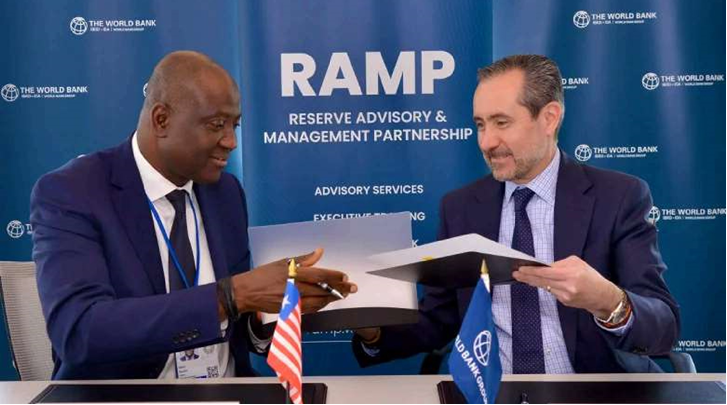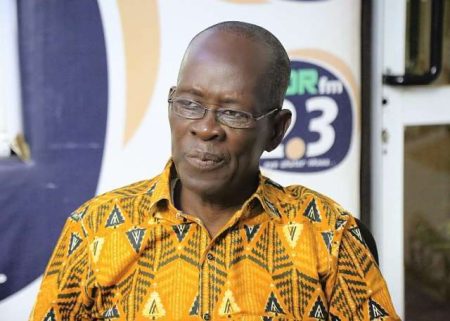The Central Bank of Liberia (CBL) has joined the World Bank’s Reserve Advisory & Management Partnership (RAMP), marking a significant step towards strengthening the country’s public asset management capabilities and promoting financial stability. This partnership, formalized through a technical assistance agreement signed in Washington, D.C., provides CBL access to the World Bank’s expertise and resources in managing public assets, particularly crucial for countries facing economic vulnerabilities. The RAMP program, supported by a multi-donor trust fund, aims to enhance the capacity of central banks, sovereign wealth funds, and public pension funds in lower-income, fragile, and conflict-affected states. The inclusion of CBL signifies the growing recognition of the World Bank’s proficiency in this field and the increasing demand for sophisticated asset management support.
The World Bank’s RAMP program offers a comprehensive suite of services, including advisory services, executive training, and asset management services. It fosters a global network of public asset managers, creating a platform for knowledge sharing and best practice dissemination. This collaborative approach contributes to several Sustainable Development Goals, including quality education, decent work and economic growth, climate action, strong institutions, and partnerships. By strengthening public asset management practices, RAMP helps countries build resilience against economic shocks, safeguards intergenerational wealth, and ensures the long-term viability of pension systems.
For Liberia, joining RAMP represents a crucial opportunity to enhance its financial management capabilities and foster sustainable economic development. The partnership will enable CBL to implement internationally recognized best practices in reserve management, contributing to greater stability and growth for the Liberian economy. The World Bank’s support is particularly relevant given the challenges faced by lower-income countries in navigating complex financial landscapes. The technical assistance provided through RAMP will equip CBL with the tools and knowledge to manage public assets effectively, promoting financial resilience and supporting the country’s long-term development goals.
The World Bank’s commitment to supporting Liberia extends beyond reserve management. The collaboration underscores a broader dedication to capacity building and institutional strengthening within the country. By bolstering CBL’s capabilities, the World Bank aims to contribute to a more robust and resilient financial sector in Liberia. This, in turn, can create a more stable environment for economic growth and development, ultimately benefiting the Liberian people. The partnership signifies a shared vision for a financially secure and prosperous Liberia, with robust public asset management serving as a cornerstone for achieving this vision.
RAMP’s impact extends globally, with the program having advised over 100 public institutions and trained over 10,000 public asset management staff since its inception in 2001. The program leverages the World Bank’s extensive experience in asset management, drawing on decades of engagement with central banks and other public asset managers worldwide. With over $40 trillion in reserves and assets under management globally, the importance of sound public asset management practices cannot be overstated. RAMP plays a vital role in ensuring the stability and efficiency of the global financial system by equipping public institutions with the necessary skills and knowledge.
The World Bank’s longstanding commitment to asset management and advisory services, dating back to the early 1980s, underscores the institution’s recognition of the critical role public asset management plays in economic development. The RAMP program represents a focused effort to extend this expertise to countries facing specific challenges, such as those emerging from conflict or experiencing fragility. By providing tailored support and fostering a global network of practitioners, RAMP empowers countries to effectively manage their public assets, fostering stability, resilience, and prosperity. The inclusion of the Central Bank of Liberia in this network signifies a significant step towards achieving these goals within the country.














